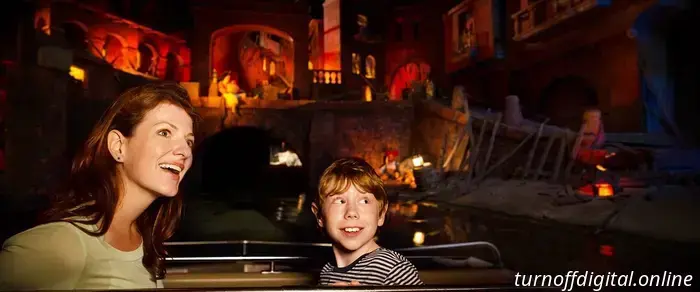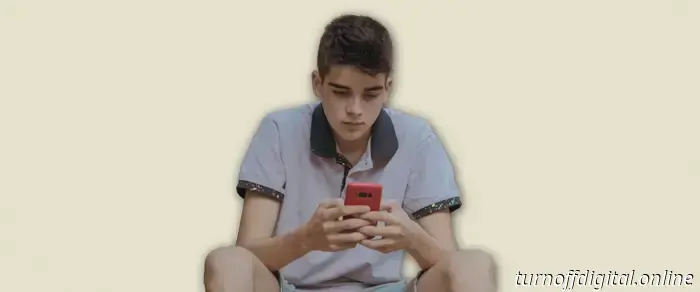
Home » Blog » Dispatch from Disneyland
A few days ago, I visited Disneyland. Invited to Anaheim to speak about my books, my wife and I decided to take our boys for an early summer trip to what is often called the happiest place on earth.
As regular listeners of my podcast are aware, I spent the pandemic years, for reasons I still can’t quite grasp, reading extensively about Disney (the man, the brand, and the theme parks). Therefore, I had a general idea of what to expect. Yet, the experience still managed to surprise me.
Entering a ride like Pirates of the Caribbean immerses you in a realm that is both strangely authentic and defiantly artificial, what Jean Baudrillard termed “hyperreality.” There's a moment of awe as you leave the imitation pirate caverns and step into a grand space where a pirate ship engages in a cannon battle with a nearby fortress. Shouts of men echo. Cannonballs crash into the water. A captain swings his sword. It’s incredibly vast and unique.
However, there’s something unsettling about it all; the animatronic movements are stiff, and the lighting is too perfect, as if crafted for a movie set. When you look closely at the night sky, you can see black-painted acoustic panels adorned with industrial vents. The wonder of the scene is encased in a numbing layer of ordinariness.
This is the essence of Disney’s darkroom attractions: to create a safe, sanitized version of the emotional response we usually associate with adventure and amazement. Detached from genuine fear or uncertainty, the experience is watered down, providing more of a cozy buzz than a transformative experience—just enough to keep you longing for the next dose, ready to stand in a sun-baked line for another hour.
A thought has lingered in my mind over the past few days: Disneyland serves as a tangible analogy for our digital interactions with our phones.
What is an envious Instagram story, a stirring tweet, or an oddly captivating TikTok, if not a vehicle for delivering a sanitized version of the emotional response we would typically feel from exploring stimulating places, partaking in genuine protests, or being thoroughly entertained by skilled performers?
The phone provides a pleasant chemical buzz just potent enough to leave us wanting more. It’s like Pirates of the Caribbean streamed on a handheld device.
I enjoyed Disneyland, but after a couple of days, I was ready to move on. I also appreciate the occasional diversion offered by my phone, but I am not keen on living in its artificial realm permanently. The former is accepted as common sense, while the latter, for some reason, is still seen as radical.

A recurring theme in my work has been the connection between smartphones and children (for instance, refer to my two pieces in The New Yorker ... Read more

Last month, Anthropic published a safety report concerning one of its most advanced chatbots, Claude Opus 4. The report garnered interest due to its detailed account of ...
A few days back, I visited Disneyland. I received an invitation to Anaheim to deliver a speech regarding my books, and my wife and ... Read more